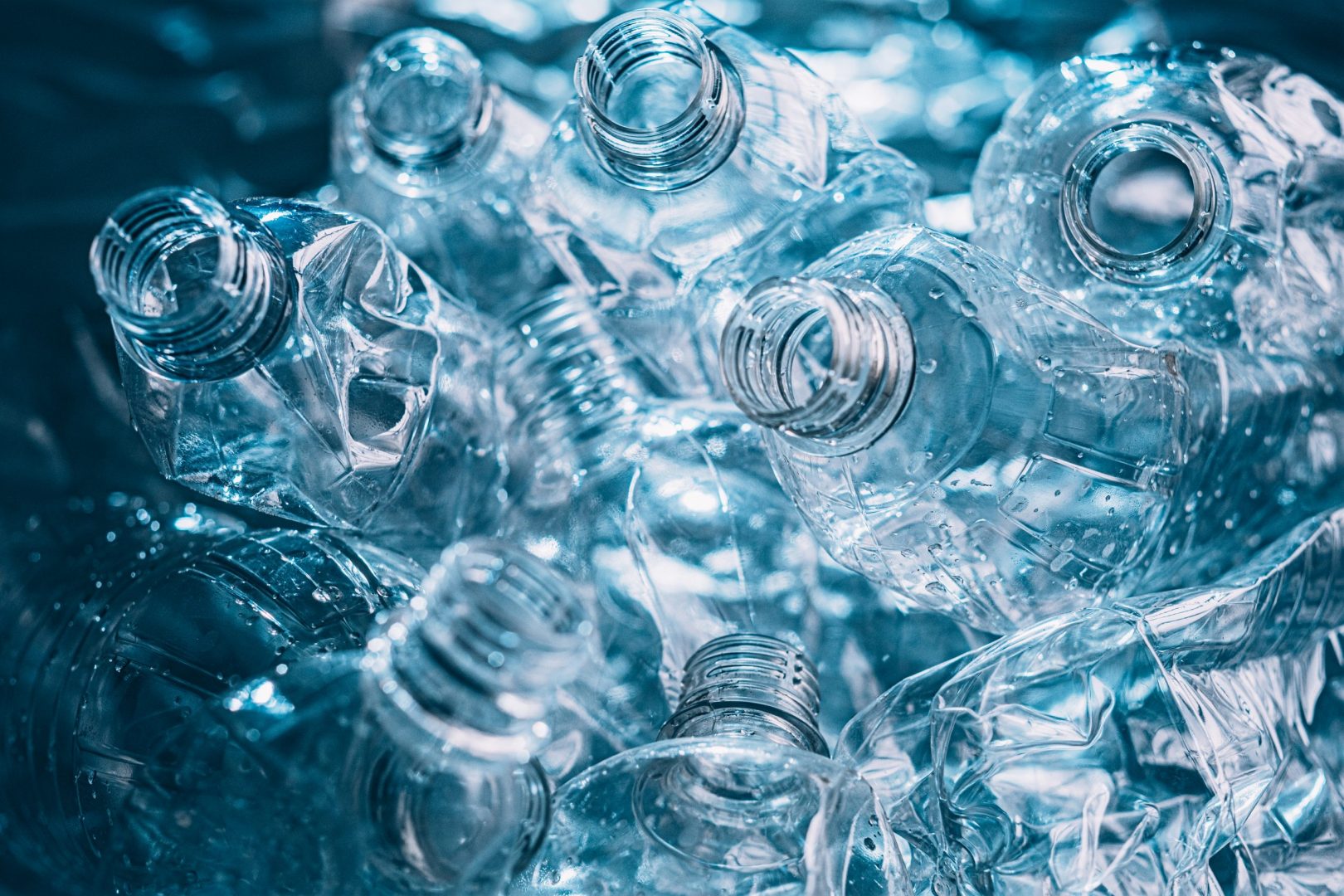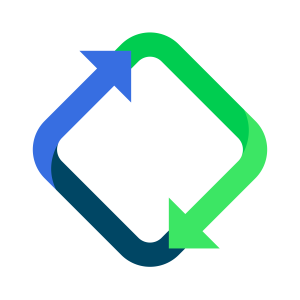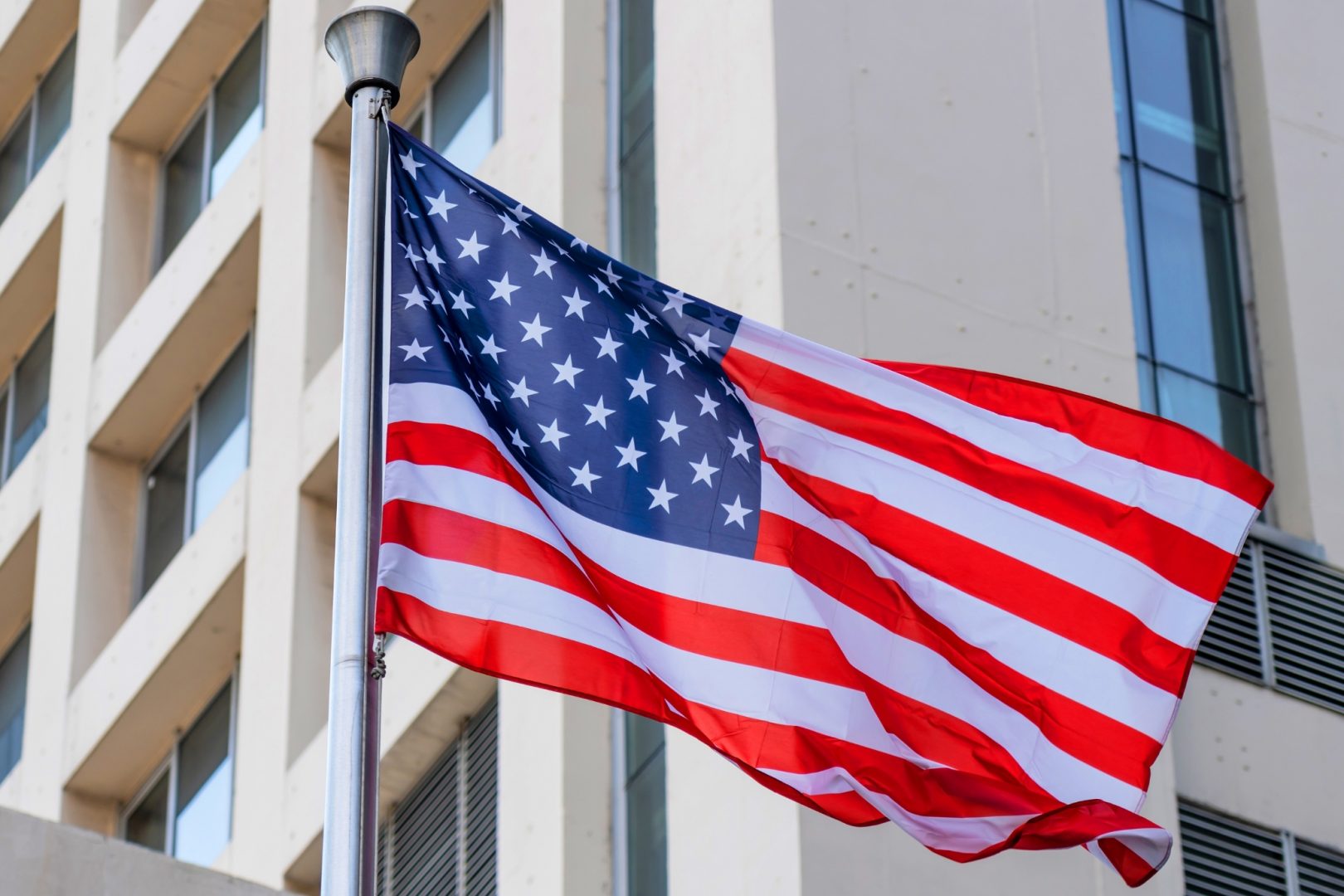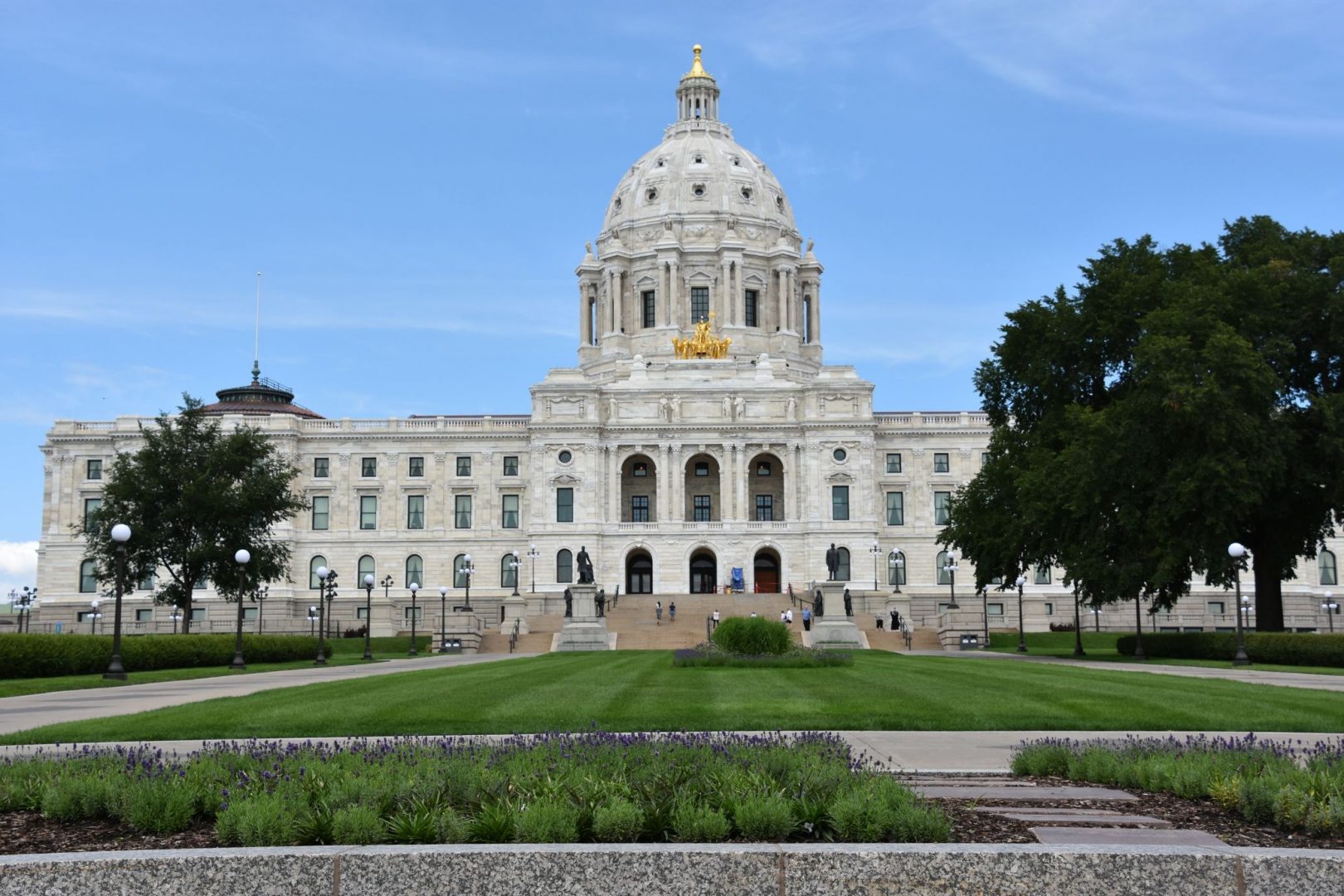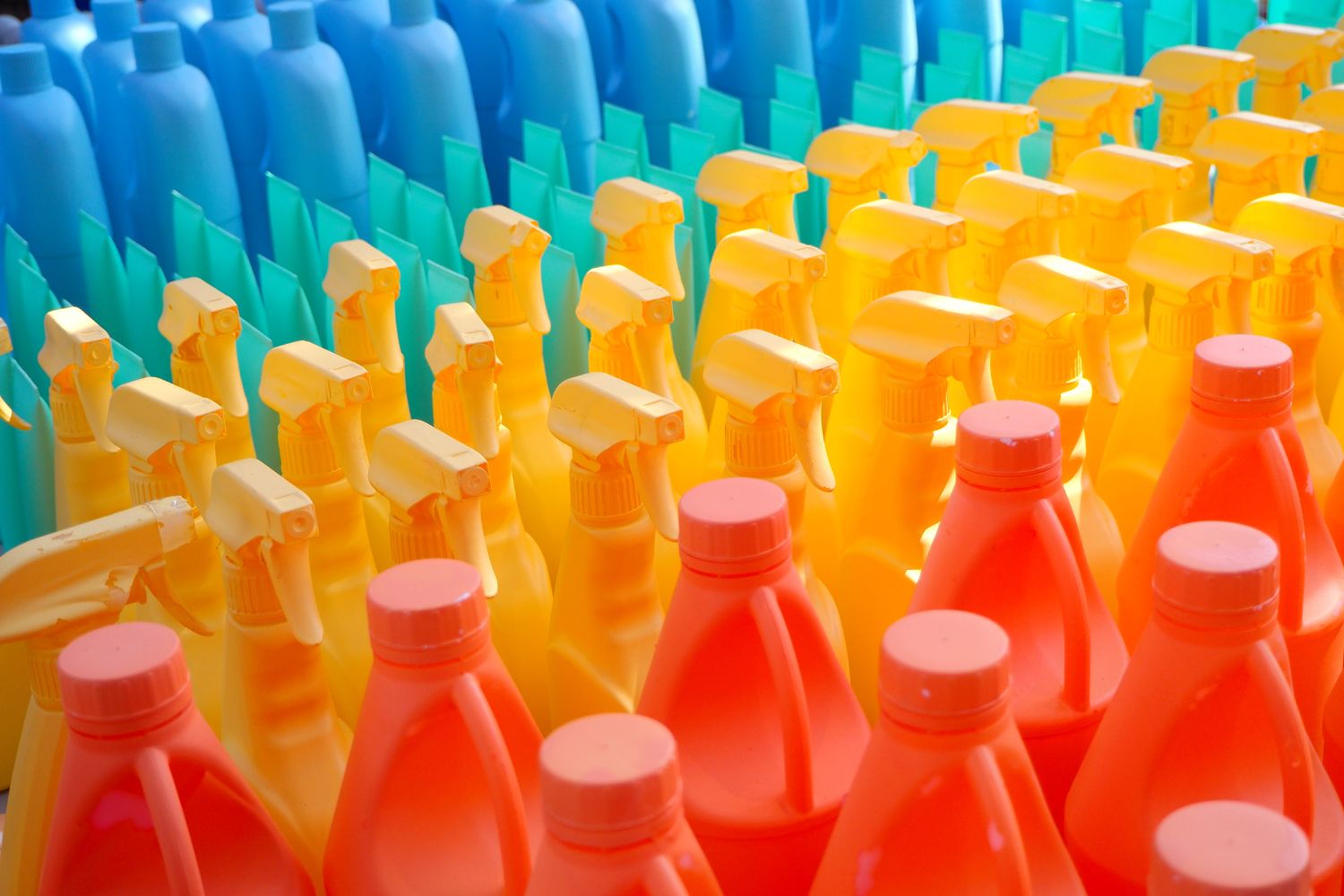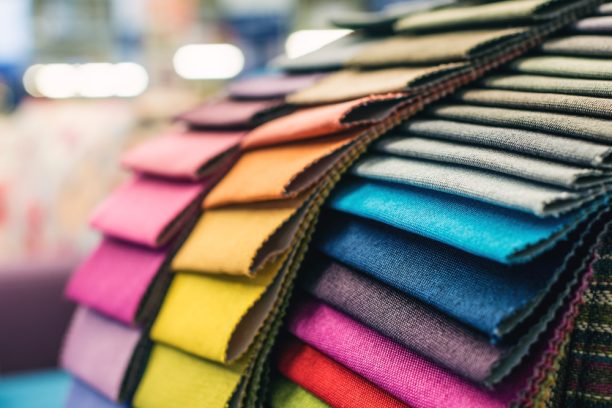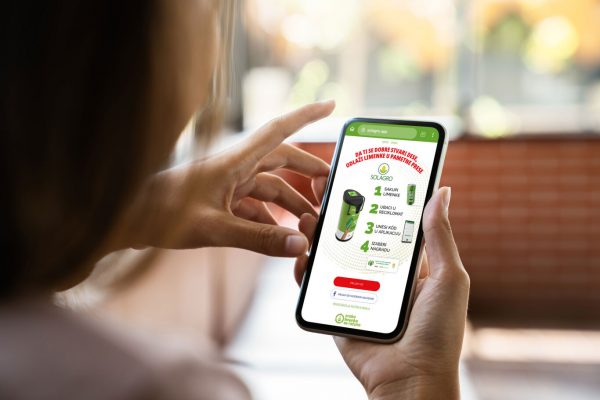Single-Use Plastic Directive in the European Union
- 15. December 2023
- Blog
The Directive (EU) 2019/904 published on 12 June 2019, outlines obligations for producers regarding certain plastic products. These obligations aim to reduce the environmental impact of plastic products, especially single-use plastics (SUP), and promote a shift towards a more circular economy. A SUP product is defined as any product entirely or partially made from plastic and not designed or marketed to be used multiple times in its lifespan.
As directives mandate member states to attain a particular result without specifying the means of achieving it, each member state should have transposed the 2019/904 directive into their national law before 3 July 2021. The transposition of the EPR provisions must be operational by 31 December 2024. This is now effective in most EU countries, so we want to update you on this topic.
The main provisions fixed by the directive are outlined below. Parts A to G refer to the directive annex displaying the scope of the provisions.
- Consumption Reduction: Measures must be taken to significantly reduce the consumption of SUP products listed in part A, like cups for beverages or food containers.
- Market Restrictions: SUP products listed in part B, like cotton bud sticks, straws, or plates, are prohibited from being placed on the market.
- Product Requirements: Caps and lids made from plastic must remain attached to the glass or metal beverage containers during the use stage. 2025 PET bottles must be made of at least 25% recycled plastic. This requirement is further increased to 30% for all plastic bottles by 2030. The deadline to transpose this specific measure into national law is 3 July 2024.
- Marking Requirements: Products listed in part D, like wet wipes or tobacco products, must bear clear markings about appropriate waste disposal and environmental impact.
- Extended Producer Responsibility (EPR) schemes: Producers must cover costs related to waste management, cleanup of litter, and awareness-raising measures for their products listed in part E, like food and beverage containers, balloons, or tobacco products. Most countries have decided to add SUP products and packaging to the scope of the already existing packaging compliance schemes.
- Collection targets: Member states are required to separately collect 77% (by weight) of plastic bottles for beverages with a capacity of up to three liters for recycling by 2025. This target increases to 90% by 2029. Measures such as deposit-refund schemes and extended producer responsibility schemes can be used to achieve these collection targets.
RLG can help you comply with SUP regulations. Contact us for a personalized assessment of the impact of this regulation on your business.
